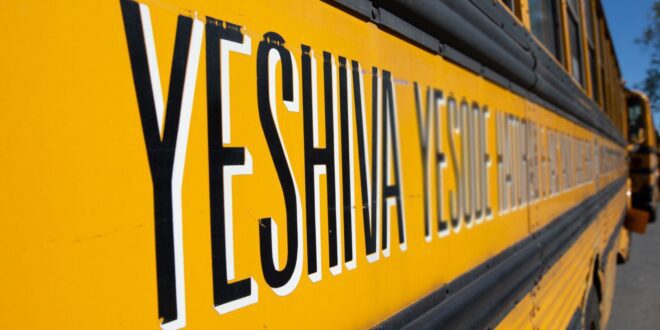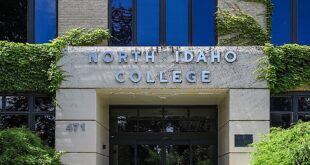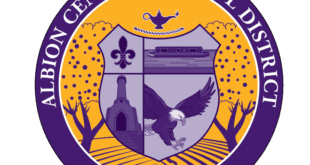The City Department of Education Findings
The City Department of Education on Friday announced that four yeshivas have been found to be significantly deficient in their secular instruction. They have recommended that an additional 14 yeshivas should also be deemed similarly deficient, although the final authority rests with the State Education Department.
Of the yeshivas reviewed, seven were found to provide an education that is “substantially equivalent” to public schools, but only two of those were based on thorough reviews. The remaining five yeshivas met the mark based on their affiliation with a registered high school.
This announcement comes almost eight years after the Department of Education initiated an investigation following a complaint by advocates alleging that Jewish religious schools were failing to teach core subjects effectively.
There were accusations that the administration of former Mayor Bill de Blasio delayed the investigation to favor Hasidic communities due to his close political ties.
Mayor Eric Adams also faced criticism for his praise of religious schools during the ongoing probe and his muted response to a New York Times investigation into yeshiva instruction.
The City government has been engaged in a legal battle with THE CITY, seeking to block the release of detailed DOE observations from school visits to the yeshivas under investigation.
Remediation Plans and Concerns
The State officials will review the DOE’s recommendation on the 14 yeshivas, but no timeline has been provided for making the final determinations.
A state court judge ruled last year that the State Education Department cannot require parents to remove their children from schools that do not meet the “substantially equivalent” mark or force those schools to close. An appeal in that case is still pending.
The City Department of Education plans to work with schools that need to improve their instruction by helping them create remediation plans. This will allow the deficient yeshivas one to two years to implement programs that meet state standards.
Yaffed, the advocacy group that initially filed the complaint in 2015, expressed cautious optimism about the DOE’s findings. However, concerns were raised about the five yeshivas that were deemed adequate solely based on their affiliation with a registered school.
PEARLS, a group opposing government intrusion into religious school teachings, rejected the DOE’s findings, stating that yeshiva education should be measured by its philosophy rather than checklists devised by the government.
Specific Findings
The DOE shared detailed findings regarding the yeshivas that were found to not be “substantially equivalent” and those that were. Some of the reviews indicated significant deficiencies in secular education.
For example, Yeshiva Bnei Shimon Yisroel of Sopron was observed teaching classes solely in Yiddish, with no instruction in English or other core academic subjects. Similar lack of English instruction was found at Yeshiva Kerem Shlomo, where one instructor taught multiple subjects. There were also concerns about the closure and opening of schools in relation to this investigation.
More specific observations have been released, but the DOE has not yet shared the findings for the 14 yeshivas awaiting final determination by the State Education Department.
 Mind Uncharted Explore. Discover. Learn.
Mind Uncharted Explore. Discover. Learn.


